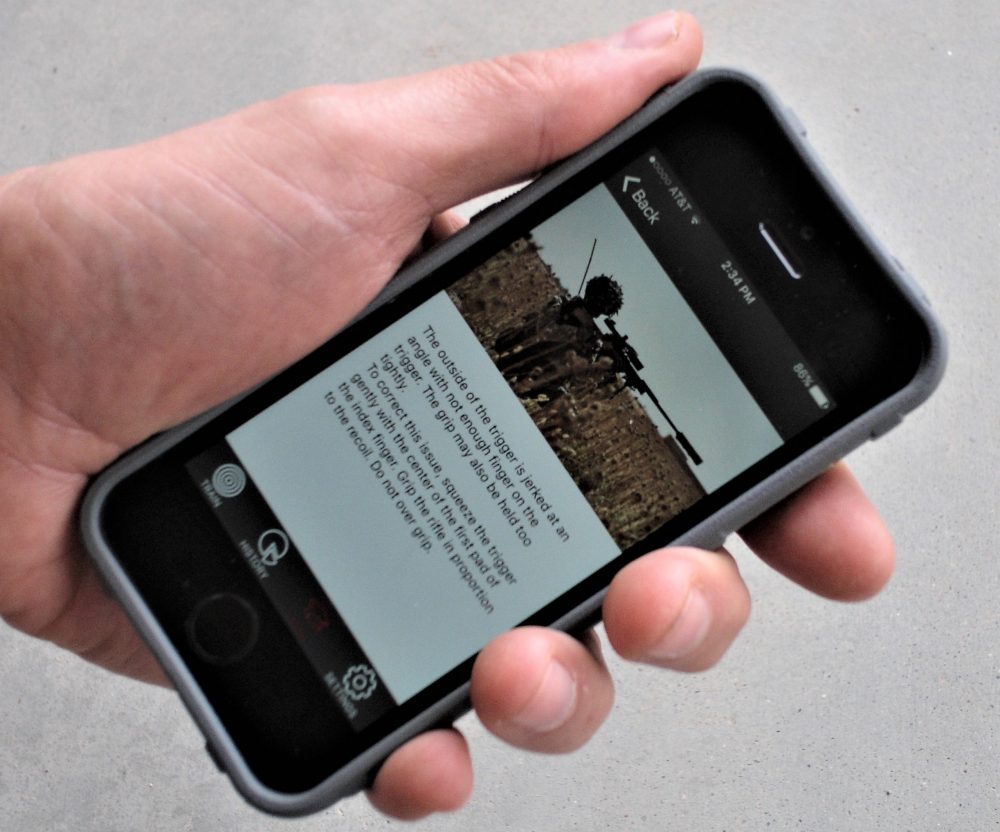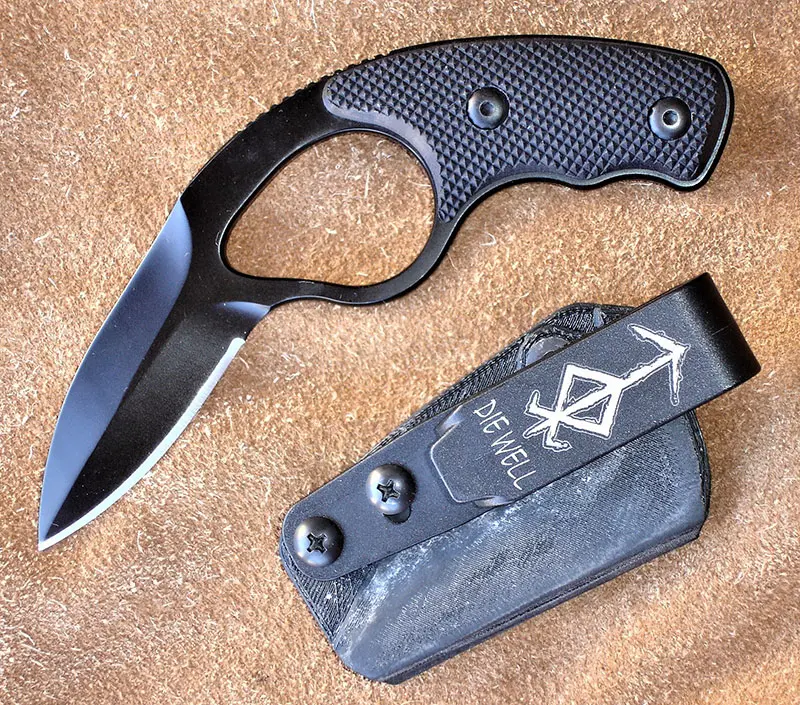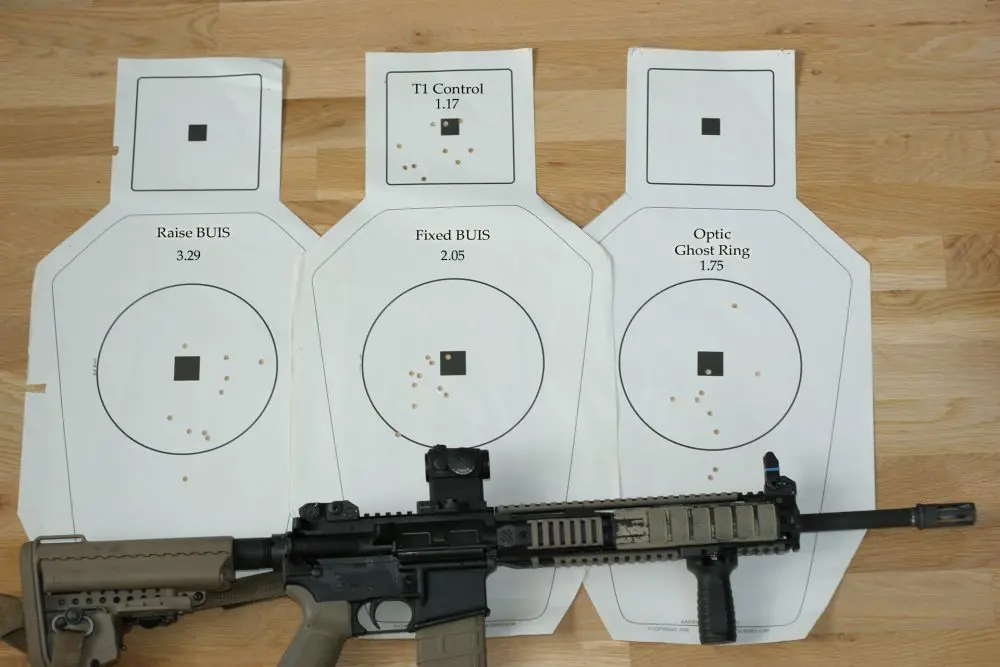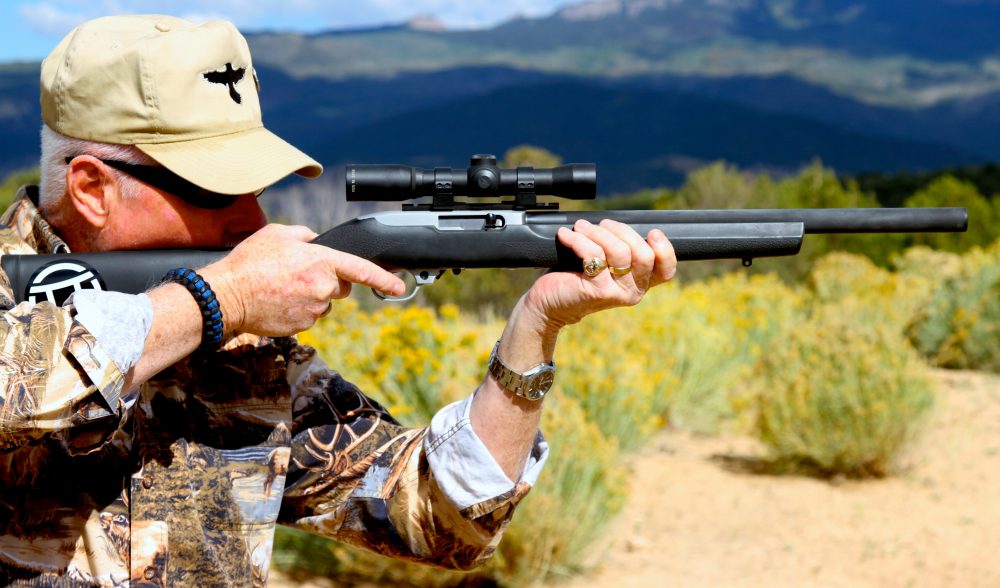I don’t wear shorts in the summer (or at any time, for that matter) because my legs are a mess of scar tissue.
During SWAT’s early days and the beginning of FBI HRT, forced building entries and room combat were conducted without lower limb protection. We were either too dumb or too macho to incorporate shin guards into our protective kit to foil the cuts and bruises received from furniture and other clever trip-line-style obstacles that were “ignored” while focusing on acquiring hostile targets.
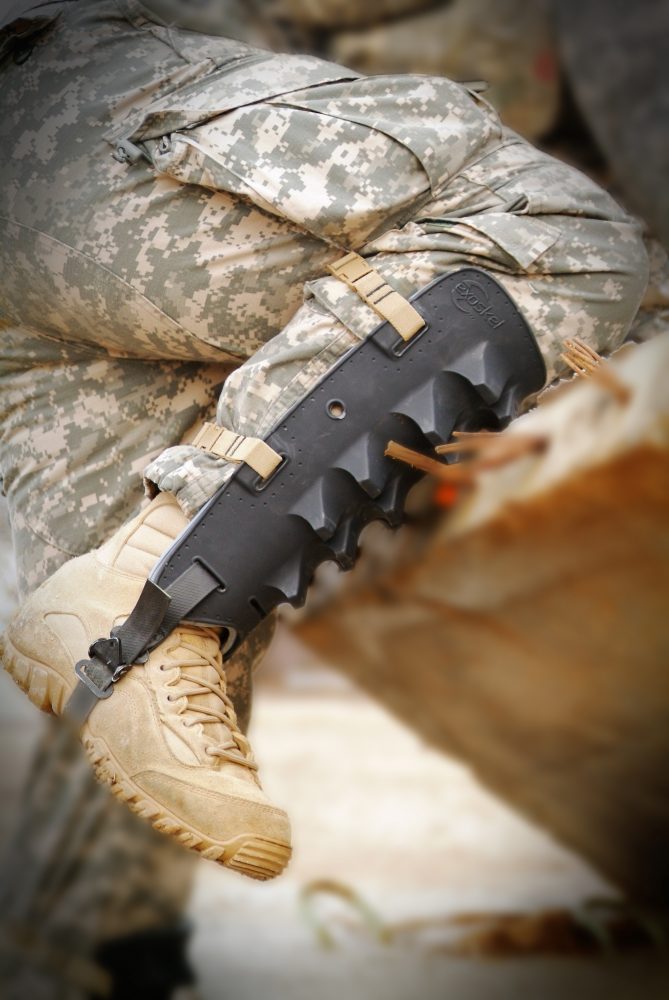
Today, shin guards are produced not only to eliminate the distraction of collision with household objects, but they also augment upper body armor with their own ballistic properties. Another now-essential item of equipment that was missing from my Vietnam gear was kneepads.
Knee protection was quickly adopted by SWAT teams and is common to most military ground-assault personnel. Like goggles to protect eyes from foliage on night patrols, rough terrain is less of a distraction when the troop’s kneecaps are shielded.
Table of Contents
SPECIAL AIR SERVICE
I have the greatest respect for the men of the remaining Special Air Service (SAS) units: British, New Zealander and Australian. They truly are special and their martial feats are legendary. I have had the pleasure of associating with them and my FBI unit enjoyed training exchanges with them.
When I retired, I inadvertently established an indirect relationship with the New Zealand SAS, which is known for its jungle warfare capabilities. I was fortunate to work with Alan Brosnan, a former NZSAS member who was responsible for the Regiment’s hostage rescue/close quarters battle training.
Alan has been an American citizen for many years and, with others, was instrumental in developing mechanical and explosive breaching for the military and law enforcement communities through his TEES (Tactical Explosive Entry School) and now Tactical Energetic Entry Systems. If you are a team breacher, it is imperative that you attend the annual International Breachers Symposium.
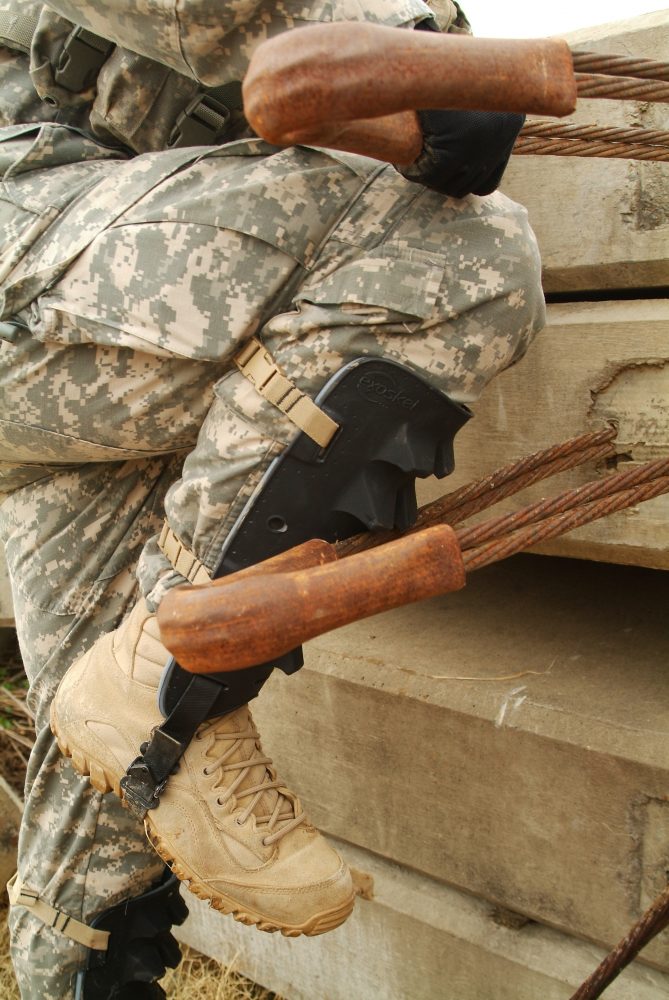
NECESSITY IS…
SAS personnel are innovative and, when they see a need that cannot be filled by the private sector, they often build it themselves. Such is the case with former NZSAS Squadron Commander Stephen Guiney. With a career encompassing military operations in literally “every clime and place,” including Afghanistan, Steve observed and experienced his troops’ trials over rough and urban terrain where scrambling and climbing were involved, and determined that an aid to those endeavors was in order.
MULTI-FUNCTIONAL EXOSKELS
Worn on the lower legs, the non–ballistic (at this juncture) rugged plastic X2 Exoskels provide operators with considerable firing stability and anchoring on irregular terrain, assist in rapid urban obstacle assaults, protect against shin injury and, with 13 wicked-looking claw-like stabilizing “teeth,” can readily be used to execute penetrating side and roundhouse kicks as well as deep pressure-point compliance when pinning a subject to the floor for cuffing and searching.
RUGGED GEAR
Currently in size large only, each shock-absorbent Exoskel only weighs 1.1 pounds and does not impede mobility. Milspec Exoskels will have a ballistic capability and may see a slight weight increase accordingly in the future.
With Special Forces in mind, the Exoskels’ lower stirrups are made of Kevlar to sustain them during fast roping and ladder climbs. Each Kevlar strap will hold 2,800 pounds. Teeth and buckles hold 1,000 pounds. For maritime operations, the buoyant Exoskels exhibit space between the second and third row of teeth so that ship rails may be grabbed. In addition, they are compatible with most shin guards and will be modified in future to accommodate the built-in Crye Precision uniform Combat Knee Pads.
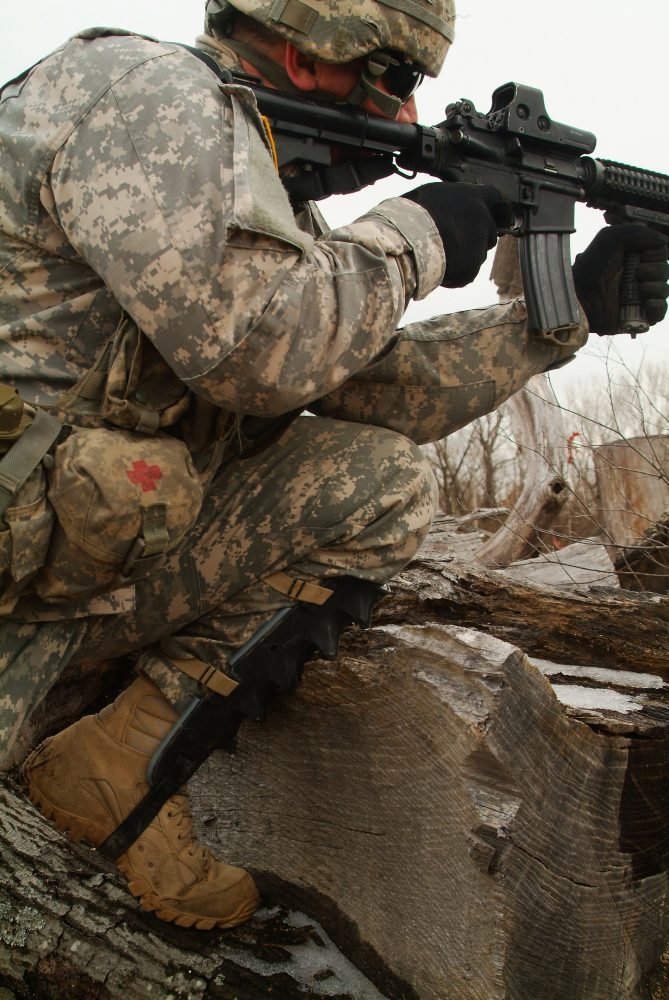
The X2Ks are due out next year and will have kneepads built into them, along with a softer covert and slim-line gaiter version. Exoskels are almost impervious to abuse and come in dry bags for transport and storage. Available in Black and Coyote Tan, they can easily be spray painted to match any environment.
Several Tier One tactical units are evaluating them, and they are in use by the Polk County, Florida SWAT team and U.S. Naval Special Warfare units in Afghanistan.
CONCLUSIONS
There is absolutely no reason for contemporary operators to receive terrain-induced injuries to their lower extremities when equipment like the Exoskel is available. This climbing aid will not only augment tactical efficiency, but will also help reduce time-consuming and operational-impeding distractions and the individual hesitancy that hard obstacles can create.
It must, however, be kept in mind that Exoskel is a climbing aid first and a shin protector second. Unit cost is attributed to the light weight, high specifications engineering-grade Polyamide and other USA-made materials.
When a Tier One team member asked Steve about prices, he replied, “I cannot allow the Exoskel to fail when most needed, for example when an operator is halfway up a caving ladder while conducting a ship rescue and recovery, or when they launch through a window or over a wall. Exoskel products have been expressly engineered to last and not fail. With quality comes cost.”
Suggested retail price is $400 per pair and includes a heavy-duty five-gallon dry bag. Agencies are invited to inquire for special prices.
SOURCE:
Exoskel
(901) 833-9739
www.exoskel-group.com


